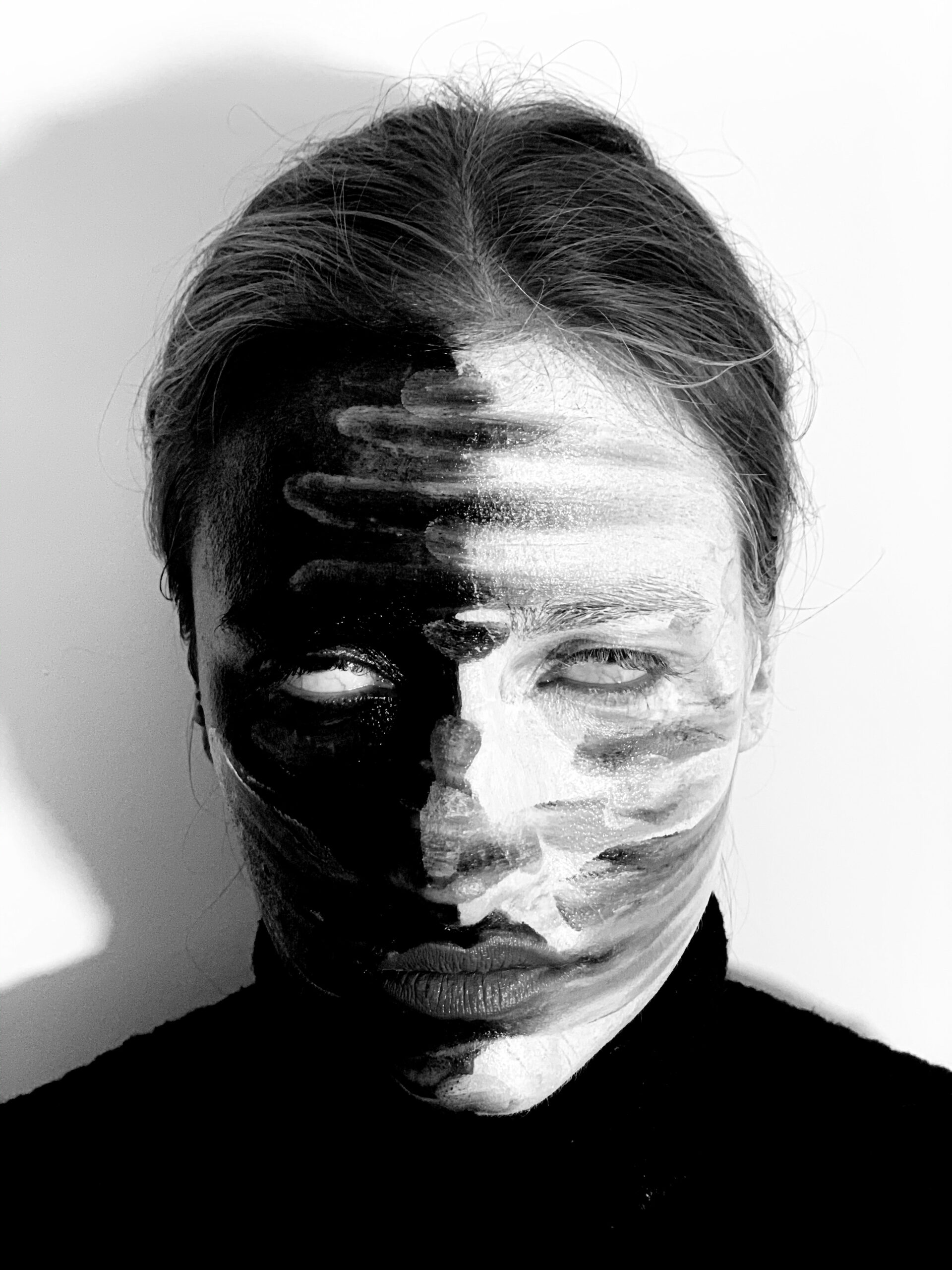Can insomnia be caused by bipolar disorder?
Title: Understanding the Complex Connection: Can Insomnia be Caused by Bipolar Disorder?
Introduction:
In today’s fast-paced world, getting a good night’s sleep can sometimes feel like a luxury, especially for those living with bipolar disorder. Bipolar disorder is a complex mental health condition that affects millions of people worldwide. One common symptom that individuals with bipolar disorder often experience is insomnia, which can further exacerbate the challenges of managing this condition. In this blog, we will delve into the relationship between bipolar disorder and insomnia, exploring the potential causes and strategies for managing both.
The Connection between Bipolar Disorder and Insomnia:
It’s crucial to note that insomnia can occur as a symptom of bipolar disorder, but it can also manifest as an independent disorder co-occurring with bipolar disorder. In fact, researchers have found that sleep disturbances often precede the onset of bipolar episodes, acting as a warning sign for many individuals.
There are several factors that contribute to the intertwined nature of bipolar disorder and insomnia. Firstly, the disrupted sleep-wake cycle inherent in bipolar disorder can affect an individual’s overall sleep quality, leading to difficulties falling asleep, staying asleep, or experiencing non-restorative sleep. This disruption often occurs during manic or hypomanic episodes, characterized by heightened energy levels, racing thoughts, and a decreased need for sleep.
Additionally, the medications used in the treatment of bipolar disorder can also contribute to sleep disturbances. Certain mood-stabilizing medications and antidepressants may disrupt the sleep pattern, leading to insomnia. Balancing the benefits of these medications with the potential side effects is an essential consideration when managing bipolar disorder.
Managing Insomnia in Bipolar Disorder:Finding effective strategies to manage insomnia in bipolar disorder is crucial for promoting overall well-being and mood stability. Here are some recommendations that may help:
1. Maintain a Consistent Sleep Schedule: Establishing a regular sleep routine can promote a healthy sleep pattern. Try to go to bed and wake up at the same time each day, even during weekends.
2. Create a Restful Sleep Environment: Ensure that your bedroom is comfortable, quiet, and conducive to sleep. Dimming the lights, reducing noise, and maintaining a cool temperature can aid in falling asleep more easily.
3. Incorporate Relaxation Techniques: Practicing relaxation techniques such as deep breathing, meditation, or progressive muscle relaxation before bedtime can help calm the mind and prepare the body for sleep.
4. Limit Stimulants: Avoid consuming caffeine, nicotine, and alcohol close to bedtime, as they can interfere with sleep quality and duration.
5. Cognitive Behavioral Therapy for Insomnia (CBT-I): Seeking therapy specifically designed to address insomnia can equip individuals with bipolar disorder with valuable techniques and coping mechanisms to improve sleep patterns.
6. Consult with a Healthcare Professional: If insomnia persists or significantly affects your quality of life, it is crucial to consult with a healthcare professional. They can help assess the underlying causes and recommend appropriate treatment options.
Conclusion:
Insomnia and bipolar disorder often go hand in hand, creating a cyclical pattern that affects the overall well-being of individuals. Addressing the sleep disturbances associated with bipolar disorder is essential for effective management and improved quality of life. By implementing healthy sleep hygiene practices, seeking therapy, and working closely with healthcare professionals, individuals with bipolar disorder can gain greater control over their sleep patterns and find relief from the burdens of insomnia. Remember, a good night’s sleep is not only essential for overall health but also plays a vital role in managing bipolar disorder effectively.



